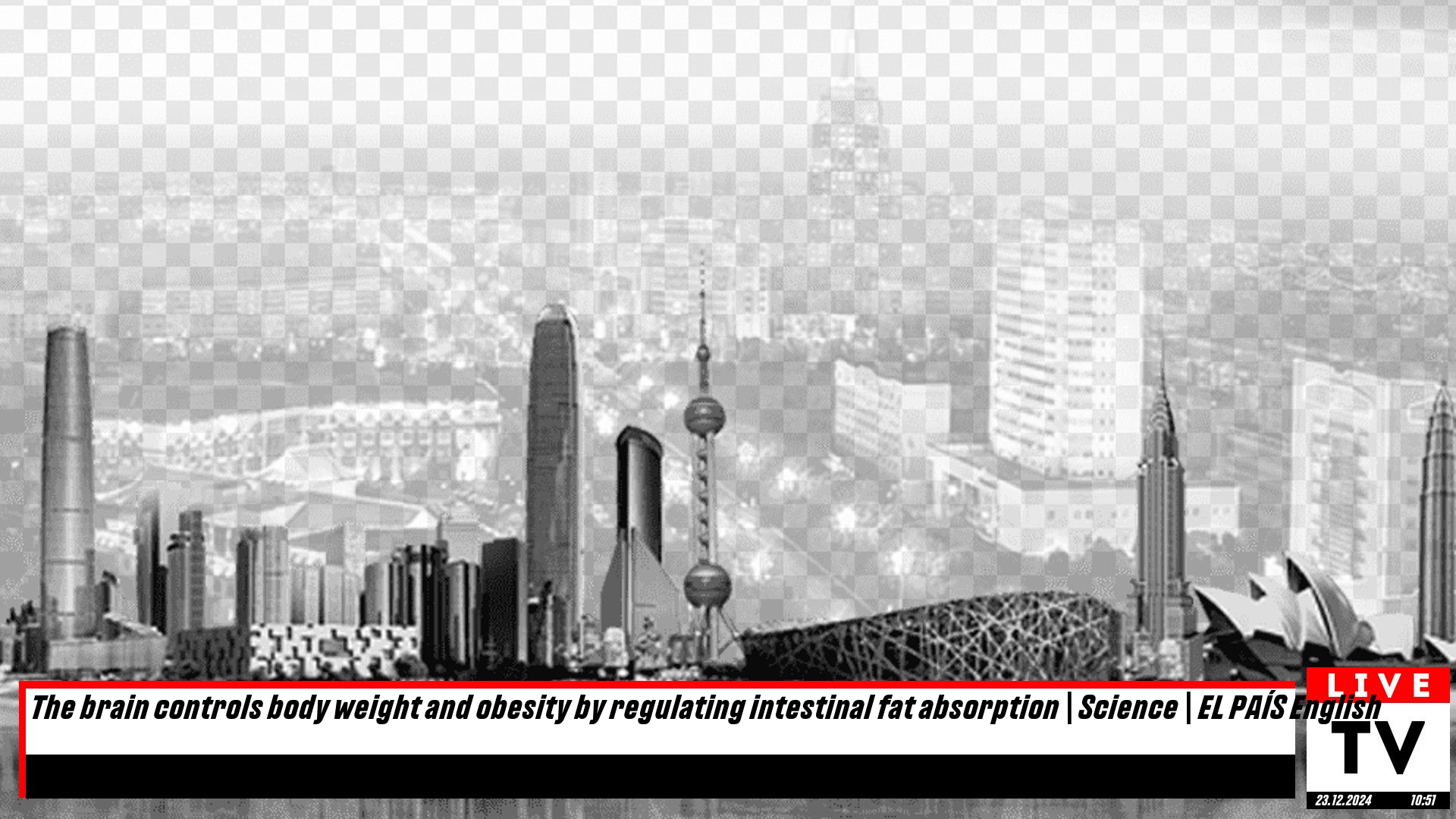"El cerebro regula la obesidad al controlar la absorción de grasa intestinal, revela un nuevo estudio" | Ciencia | EL PAÍS English

La obesidad es una condición de adiposidad corporal que surge de un desajuste entre la energía consumida y la energía gastada, donde la primera supera a la segunda. Quienes la consideran una enfermedad crónica lo hacen prestando especial atención a su comorbilidad, es decir, a su frecuente coincidencia y relación con afecciones como las enfermedades cardiovasculares, la diabetes, la osteoartritis, la apnea obstructiva del sueño y ciertos tipos de cáncer. Además, se asocia con problemas psicológicos significativos que impactan, sobre todo, en la autoestima de la persona obesa.
The scientific and social study of obesity has shown that it is a complex bodily disorder, the causes of which are multiple and varied, and may include genetic and epigenetic factors, diet and eating habits, socioeconomic status, and personal and social lifestyles. People generally gain weight by eating more than necessary, a behavior whose main roots can be found not only in their immediate environment but also in the homeostatic and incentive systems of the brain that regulate energy balance and body weight.
Although these systems are multiple and complicated, obesity depends largely on the absorption of ingested food, particularly fats, by the intestine. But, contrary to the somewhat intuitive idea that this absorption takes place autonomously by passive diffusion in the digestive system, we now know that it is also controlled by the brain, and a large and coordinated group of researchers from hospitals and universities in Shanghai, China, has just revealed the precise mechanism by which this control takes place in mice. The characteristics of their research, published in the prestigious journal Nature, are explained below, adding context to apply it to humans.

Se formaliza la transferencia del contrato del Túnel del Toyo a Antioquia.

La guerra impulsa a las mujeres ucranianas a conquistar profesiones tradicionalmente masculinas | Internacional | EL PAÍS English

Colombia: El nuevo centro mundial de mercenarios, donde las ofertas llegan como en el fútbol.

"Con la incertidumbre agudizándose, miles de migrantes se alistan ante el inminente cierre de refugios en Nueva York"

Informe del Congreso de EE.UU. revela que Matt Gaetz pagó 'regularmente' a mujeres por sexo, incluyendo a una menor

Trump anuncia su intención de clasificar a los carteles mexicanos como 'organizaciones terroristas'

